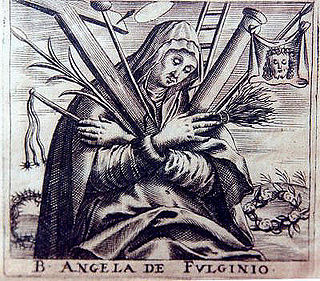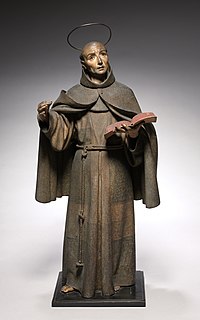A Quote by Friedrich Nietzsche
I love him whose soul is lavish, who wanteth no thanks and doth not give back: for he always bestoweth, and desireth not to keep for himself.
Related Quotes
... God cometh sometimes unto the soul when it hath neither called, nor prayed unto, nor summoned Him. And He doth instil into the soul a fire and a love and a sweetness not customary, wherein it doth greatly delight and rejoice ... Thus doth the soul feel that God is mingled with it and hath made companionship with it.
At that instant he knew that all his doubts, even the impossibility of believing with his reason, of which he was aware in himself, did not in the least hinder his turning to God. All of that now floated out of his soul like dust. To whom was he to turn if not to Him in whose hands he felt himself, his soul, and his love?
let us thank God for having made us this gift of death, so that life is to have meaning; of night, that day is to have meaning; silence, that speech is to have meaning; illness, that health is to have meaning; war, that peace is to have meaning. Let us give thanks to Him for having given us weariness and pain, so that rest and joy are to have meaning. Let us give thanks to him, whose wisdom is infinite.
No tongue is able to declare the greatness of the love that Jesus bears to every soul: and therefore this Spouse, when he would leave this earth, in order that his absence might not cause us to forget him, left us as a memorial this Blessed Sacrament, in which he himself remained; for he would not that there should be any other pledge to keep alive our remembrance of him than he himself.
Through the forest have I gone. But Athenian found I none, On whose eyes I might approve This flower's force in stirring love. Night and silence.--Who is here? Weeds of Athens he doth wear: This is he, my master said, Despised the Athenian maid; And here the maiden, sleeping sound, On the dank and dirty ground. Pretty soul! she durst not lie Near this lack-love, this kill-courtesy. Churl, upon thy eyes I throw All the power this charm doth owe. When thou wakest, let love forbid Sleep his seat on thy eyelid: So awake when I am gone; For I must now to Oberon.






































